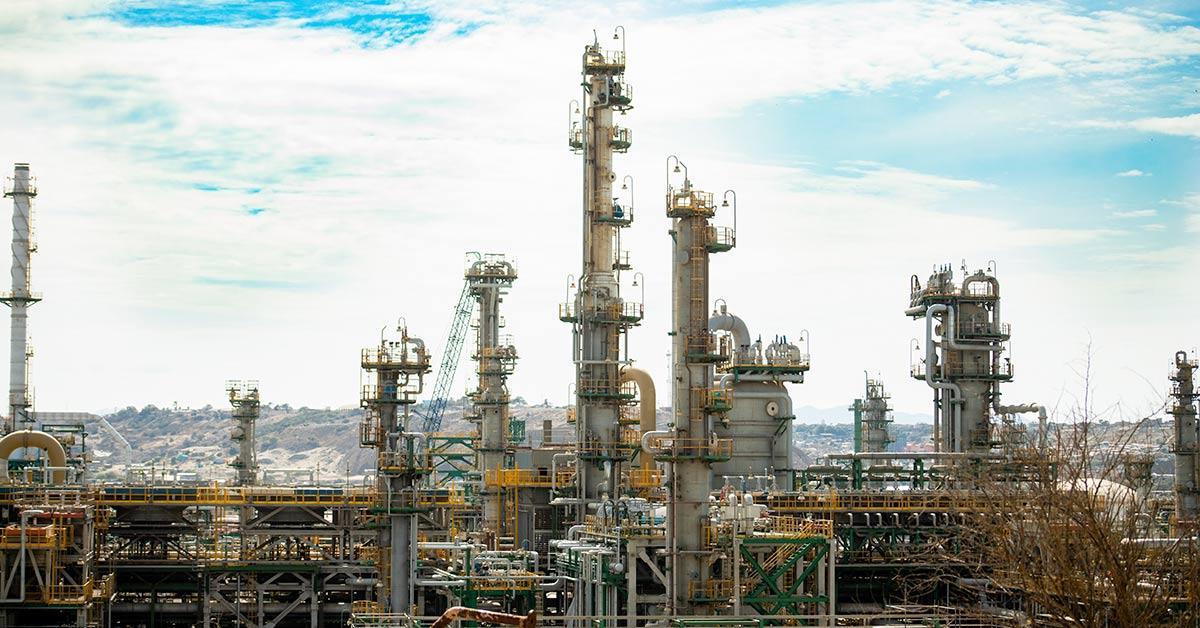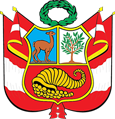International companies will participate in startup tests of the New Talara Refinery

This April 12, the start-up tests of the New Talara Refinery will begin, a great engineering work that in the future will allow the country to be supplied with clean fuels, produced with the highest international standards, thus contributing to the preservation of the air quality and the health of Peruvians.
Specialized personnel with international experience from PETROPERÚ and from the main contractors, Técnicas Reunidas and Cobra, participate in this start-up testing process, led by the Chairman of the Board of Directors of Técnicas Reunidas, Juan Lladó, and the Senior Manager of Grupo Cobra, José Antonio Fernández, who will come to Talara specifically to participate in this event. Likewise, the licensors of each technology will participate, among which are the companies ExxonMobil, Honeywell UOP, Axens and Haldor Topsoe, among other world-class actors, which will provide proof of guarantees for the licensed processes. The companies in charge of the operation and maintenance of the auxiliary units also participate, among which are the transnational Veolia Servicios Perú S.A.C. and Acciona Agua S.A. Peruvian Branch.
During this gradual and safe start-up testing process, interconnections and systems required for the commissioning of 7,000 pieces of equipment and 35,000 instruments, involved in this complex start-up process that will last a minimum of six months, will be carried out, until stabilization and commissioning are achieved. in service of the New Talara Refinery, with capacity to process 95 thousand barrels of crude per day.
The start-up tests of the New Talara Refinery will mark the beginning of a new era in the hydrocarbon industry in Peru, by having the most advanced technologies in the world to produce clean and quality fuels.
PETROPERÚ's new refining complex, which replaces the emblematic Talara Refinery and its more than one hundred years of history, has 16 processing units and five packages of auxiliary units and complementary services, two liquid loading docks, 21 new storage tanks, storage, being one of the most modern deep conversion refineries on the South Pacific coast.
In line with its preventive safety culture, PETROPERÚ has implemented more than 30 specific emergency response plans for each plant that makes up the new refining complex; which have been reviewed and audited by international specialists.
Likewise, it has a contingency plan for cases of spillage of hydrocarbons and other harmful substances into the sea, approved by the National Maritime Authority. In addition, the new refinery boasts modern equipment and facilities, with state-of-the-art technology, thus guaranteeing a safe and reliable operation for workers and the community.
Playing a strategic role
The New Talara Refinery has a strategic role for Peru, since it will contribute to guaranteeing fuel supply at the national level and will reinforce the country's energy security; thanks to the increase in processing capacity to 95 thousand barrels per day, compared to the 65 thousand barrels of the old plant.
It will also contribute to strengthening the hydrocarbon industry, since heavy crude oil will be processed, with benefits to health and the environment, since air quality will be preserved and improved, generating a significant decrease in citizens' spending on respiratory diseases.
Processes and their licenses
The construction of this energy project was carried out under the highest standards in the region to produce gasoline, diesel and LPG, with a maximum content of 50 parts per million of sulfur in accordance with Peruvian regulations.
In addition, it will have the following processes:
- Deep conversion: the New Talara Refinery is the seventh in the world to have Flexicoking technology, licensed by ExxonMobil, which allows the conversion of residuals to products of higher commercial value such as diesel, gasoline and LPG;
- Conversions such as Catalytic Cracking and Catalytic Reforming, licensed by Honeywell UOP and Axens, which produce main 93 and 100 octane gasoline, among other products;
- Hydrotreatments, licensed by Haldor Topsoe and Axens, which will allow the reduction of pollutants such as sulfur to a maximum of 50 ppm in diesel and gasoline.

